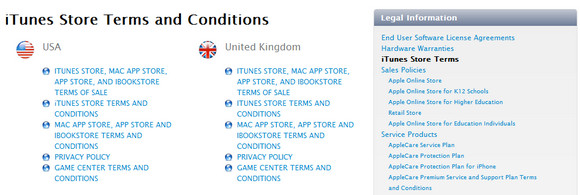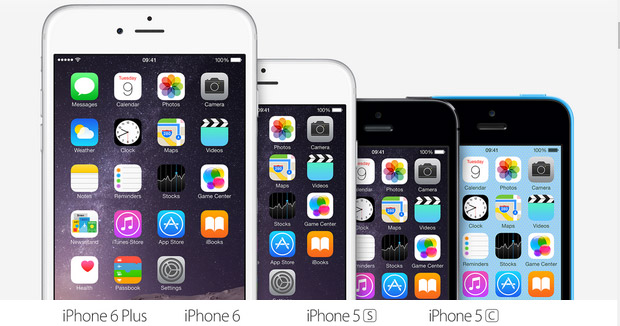
Anyone looking to install Apple’s iTunes software on their computer is presented with a request to trawl through a ridiculously hefty 56 pages of fine print, detailing every conceivable term and condition of use.
It’s a portent!
Perhaps the hideously long list of terms and conditions is Apple’s way of warning users of the upcoming bloat of their dreadful iTunes software, but like just about everyone else, we’ve never troubled ourselves to bother reading what it is we’re digitally agreeing to.
Lawyers take a look
Two digital-media attorneys, Mark Grossman and Jonathan Handel, decided to take a look at exactly what goes into this book-long document and reported their findings to CNN.

Three things to consider
Happily, there’s nothing too outrageous in there, although they found three areas of concern.
The first was around Genius, which lets Apple access your music play history (although we can’t see how else it would work), and the second was ‘Loss of Purchases’ which means you’re basically screwed for a refund if you lose or damage a digital file. If such a disaster happens Apple will point a wagging finger at you and say, “you should have backed it up, sucker.”
The third point is ‘Licensing’ which boils down to this: when you buy something from iTunes, you’re only paying for the license to listen to music or watch a movie on your iPhone or Apple device – at no point do you ever actually own the product itself.
“When you buy a book, you own the copy of that book but not the actual material,” explained Handel. “What you are buying here is right to use music on certain devices.”
Slim Google
By contrast, the terms and conditions for Google’s Android Marketplace are a mere five pages long, so perhaps it’s time Apple started cutting out the cack and presenting its users with something there’s at least a chance they may feel inclined to read.
[Via]


